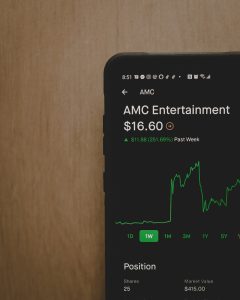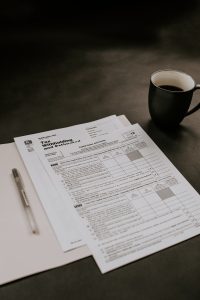Forex trading is a high-risk investment that can result in a significant loss of money, especially when the trader uses leverage. Leverage is the use of borrowed funds to increase the potential return on investment. Forex brokers offer leverage to their clients, allowing them to trade larger positions than they could afford with their own funds. However, leverage also increases the potential losses, and traders need to be aware of margin calls to avoid losing more than they can afford.
A margin call is a demand from the broker for the trader to deposit more funds into their trading account to maintain the minimum required margin. The margin is the amount of money that the trader needs to have in their account to cover the potential losses of their open positions. The margin requirement varies from broker to broker and depends on the currency pair, the size of the position, and the leverage used.
When a trader opens a position, the broker calculates the required margin and deducts it from the trader’s account balance. The remaining balance is the trader’s free margin, which they can use to open new positions or cover losses. If the trader’s losses exceed their free margin, the broker will issue a margin call.
The margin call is a warning that the trader’s account is at risk of being liquidated. If the trader does not deposit additional funds to cover the required margin, the broker will close some or all of their positions to limit the potential losses. This process is called a margin call liquidation or a stop-out.
The margin call is triggered when the account equity falls below the required margin level. The account equity is the sum of the account balance and the unrealized profits or losses of the open positions. The required margin level is the minimum percentage of the account equity that the trader needs to maintain in their account to keep their positions open.
For example, if a trader has a $10,000 account balance and opens a 1 lot position on EUR/USD with a 1:100 leverage, the required margin would be $1,000 (1% of $100,000). If the position starts losing money and the account equity falls to $7,500, the required margin level would be 13.33% ($1,000/$7,500). If the trader’s losses exceed $2,500 (the free margin), the broker will issue a margin call.
The margin call can be avoided by monitoring the account balance, the free margin, and the margin level. Traders should also use stop-loss orders to limit their potential losses and avoid over-leveraging their positions. Over-leveraging means using too much leverage, which increases the risk of a margin call and a stop-out.
In conclusion, a margin call is a demand from the broker for the trader to deposit more funds into their trading account to maintain the minimum required margin. The margin call is triggered when the account equity falls below the required margin level, and the trader’s losses exceed their free margin. Traders can avoid margin calls by monitoring their account balance, free margin, and margin level, and by using stop-loss orders and avoiding over-leveraging their positions. Forex trading is a high-risk investment, and traders need to be aware of the risks and the potential losses associated with leverage and margin trading.






